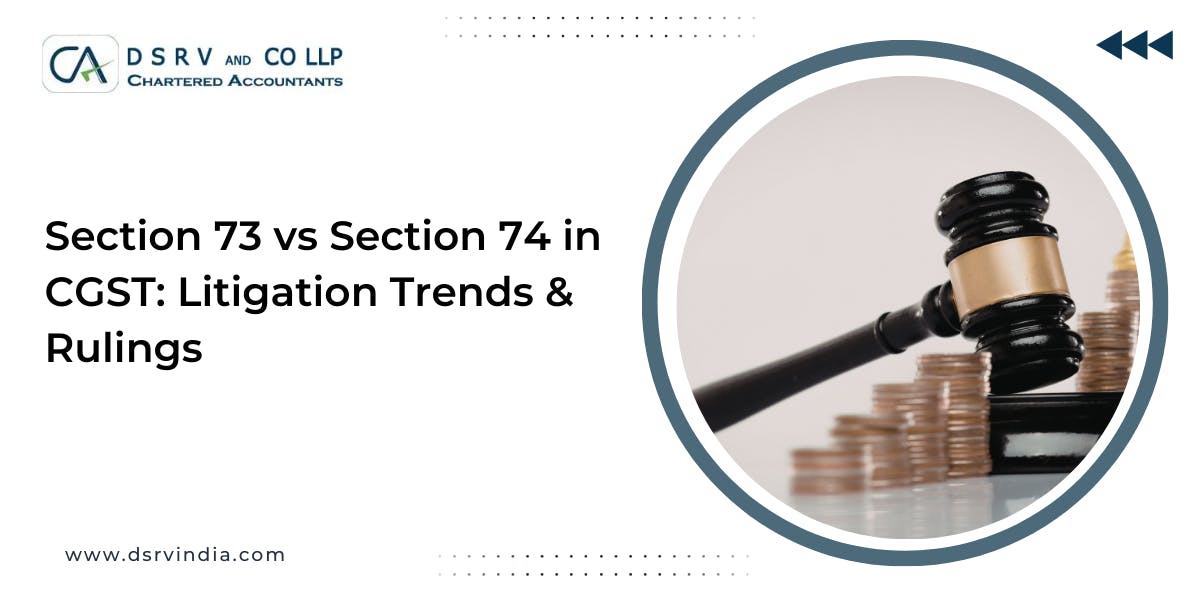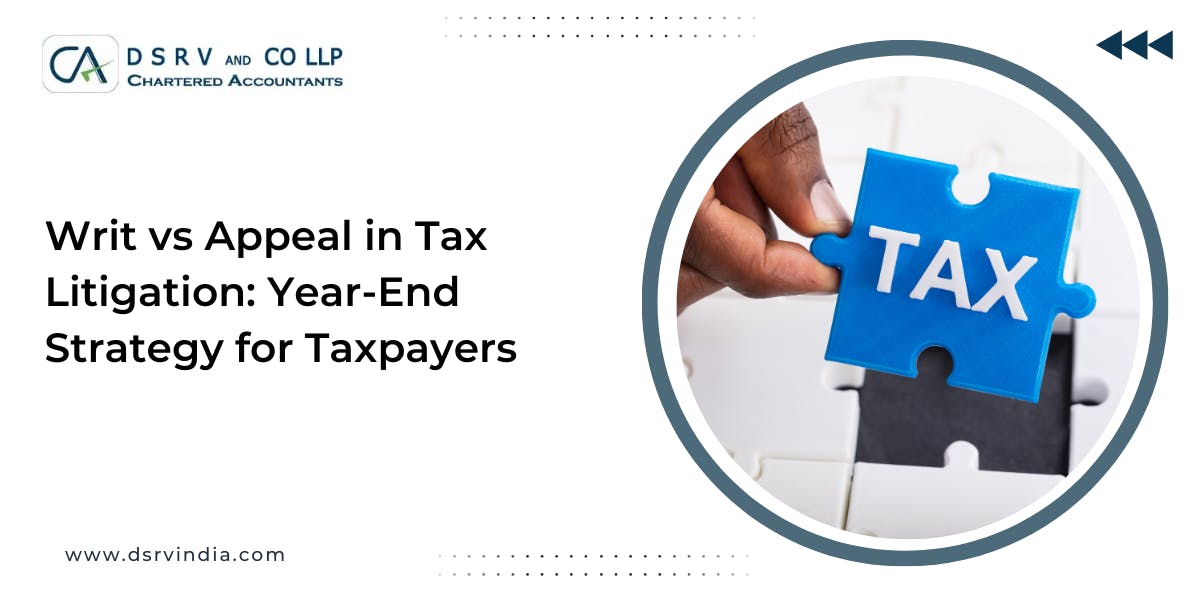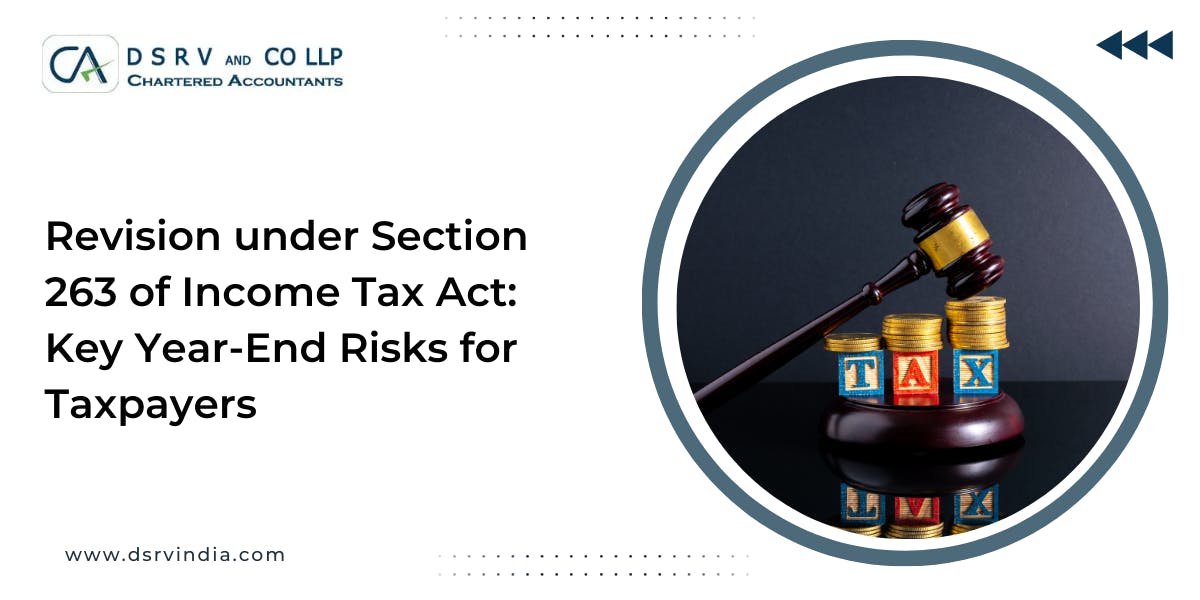Read Also: When and How Should NRIs File Form 67 for Foreign Tax Credits?
New Compounding Rules Introduced by RBI – 2025 Update
In 2025, the RBI introduced several changes to the compounding process under FEMA. These updates aim to enhance transparency, reduce delays, and encourage individuals to follow compliance with rules and regulations. The new updates include changes like:
1. Online Filing of Compounding Applications
Applicants can now submit their compounding application online through the RBI’s newly launched portal for FEMA. This eliminates the need for individuals to go to the physical while also reducing the chances of delays in the process.
2. Automated Acknowledgements & Case Tracking
Each application now receives an auto-generated acknowledgment and a tracking number. This allows applicants to follow the status of their case in real-time.
3. Standardized Penalty Slabs
To make the process more consistent, the RBI has introduced standardized penalty ranges based on the nature of contravention, and mentions the amount of penalty for the duration of delay. This helps to reduce confusion related to the calculation of the compounding amount.
4. Classification of Contraventions
Contraventions are now categorized into three types: minor, moderate, and major. This classification is based on the severity of non-compliance with laws and regulations. It also determines how the RBI will handle the compounding proceedings and how much penalty is levied on the individual.
5. Shorter Timeline for Resolution
The RBI has reaffirmed its commitment to close every case within 180 days from the date of complete application. Most cases are now being resolved within 60–90 days.
6. Pre-Screening for Repeated Offences
Applicants who have repeated contraventions will be subject to a pre-screening process and may face higher penalties or even legal persecution by authorities.









